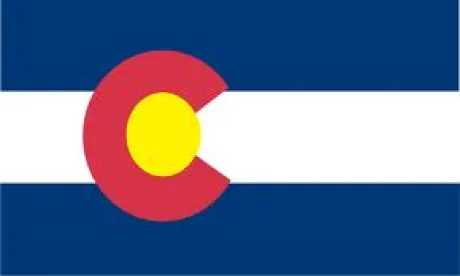As discussed in our March 13 post, which can be found here, Senate Bill 181, introduced on March 1, proposed significant changes to Colorado’s long-standing oil and gas regulatory system. After a number of amendments from Senate and House membership, Governor Polis signed S.B. 181 into law on April 16, 2019.
Here’s an overview of key amendments that brought the bill to its final form:
(1) More direction and support in implementing local regulation
S.B. 181’s original revamp of local authority under C.R.S. § 26-20-104, which gave localities the power of “regulating oil and gas development” in order to generally “minimize adverse impacts… on public health and the environment” remains mostly intact. However, S.B. 181 amendments have limited that power to “regulating the surface impacts of oil and gas development,” and have also tailored local impact minimization measures “to the extent necessary and reasonable to protect public health, safety, and welfare and the environment…”
S.B. 181 now creates C.R.S. § 29-20-104(3), which establishes atechnical review board procedure to provide qualified input on local well siting determinations. This new system will allow a locality or operator to request that COGCC-appointed experts report on the technical and operational suitability of the locality’s preliminary or final well siting decision.
- C.R.S. § 29-20-104(3)(b) makes clear that local governments will not be required to reconsider or amend siting decisions based on technical review board reports.
- More specifics regarding technical review board procedures and membership can be found in the revised C.R.S. § 34-60-104.5(3).
(2) More direction in enacting new emissions rules
S.B. 181 now includes important additions and refinements to the COGCC’s new mandate to adopt emissions regulations under C.R.S. § 25-7-109.
COGCC rules to minimize emissions of methane, VOCs and NOx must be adopted under C.R.S. § 25-7-109(10)(a).
C.R.S. § 25-7-109(10)(b) now directs the COGCC to revisit its existing rules and consider stricter requirements with respect to: leak detection and repair; pipeline inspection; emissions from pneumatic tools (e.g. gas-driven pumps and compressors); and continuous methane monitoring “at facilities with large emissions potential, at multi-well facilities, and at facilities in close proximity to occupied dwellings.”
- Notably, S.B. 181 no longer requires emissions monitoring installation at every “oil and gas facility”in the state.
(3) Future restructuring of COGCC
S.B. 181’s original changes to the nine-member COGCC, which de-emphasized oil and gas industry experience among the qualifications of its seven appointed, volunteer commissioners, will be effective until no later than July 1, 2020. By then, the COGCC will be restructured to seven total members, including five appointed commissioners of balanced credentials who will become full-time state employees.
- At least one member of the restructured COGCC must have substantial experience or formal training in: the oil and gas industry; planning and land use; environmental and wildlife protection or reclamation; and public health. More specifics regarding the future makeup of the COGCC are set out in the new C.R.S. § 34-60-104.3.
(4) Minor Adjustments to Pooling Application Amendments
S.B. 181 originally introduced amendments to C.R.S. § 34-60-116 that would have required a 50% minimum consent threshold on forced pooling applications and a 15% statutory royalty on oil and gas for non-consenting, unleased owners. The final bill instead requires consent to be pooled from parties comprising 45% of the interest of reasonably locatable owners and a statutory pooled royalty of 13% on oil and 16% on gas.




 />i
/>i

